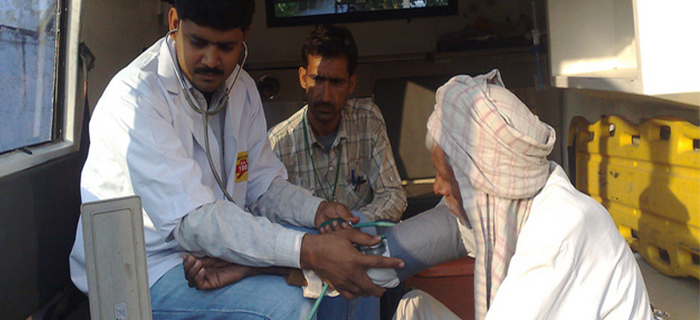
Human resources for health: “wicked” problems or misunderstood?
5 October 2016
India, like many other countries, struggles with governance of its human resources for health. It is common knowledge that there are too few qualified health workers, that they are too unequally distributed to serve population health goals, and that the quality of services they provide is troublingly inconsistent. Inter-governmental bodies and national governments periodically rediscover these “wicked” problems and frequently advance previously attempted solutions – which often face failure, in repeating historical cycles of policy amnesia.
With examples from the speaker’s research and experience of policy reforms of 15 years, this talk will outline the inadequacies of prevailing, largely instrumental approaches to governance of human resources for health, such as retention, substitution and assimilation. The talk will illustrate how deeper socio-political phenomena such as professional dominance, pluralism, parallel systems and regulatory capture have shaped the character and dynamics of the health workforce, rendering it resistant to common policy solutions. The talk will conclude with instances of encouraging policy processes and political responses to health workforce problems, followed by a general discussion.
Kabir SheikhMBBS MPH PhD is the director of the Health Governance Hub at the Public Health Foundation of India, an Honorary Senior Lecturer at the London School of Hygiene and Tropical Medicine, Honorary Fellow at the University of Melbourne, and Visiting Professor at BRAC University Dhaka. He is a health systems researcher and policy analyst with broad interests in strengthening public sector and community institutions in low and middle-income countries. He is the founder and national scientific convenor of the Ministry of Health and Family Welfare’s national knowledge platform (NKP) for health systems research, and in 2011 he co-authored the Government of India’s High Level Expert Group recommendations on universal health coverage. He is an editor of Health Policy and Planning (OUP), and in 2010 he edited the anthology Health Providers in India: On the Frontlines of Change (Routledge). He is the Vice Chair of Health Systems Global, the first international membership organization dedicated to promoting health systems research.





